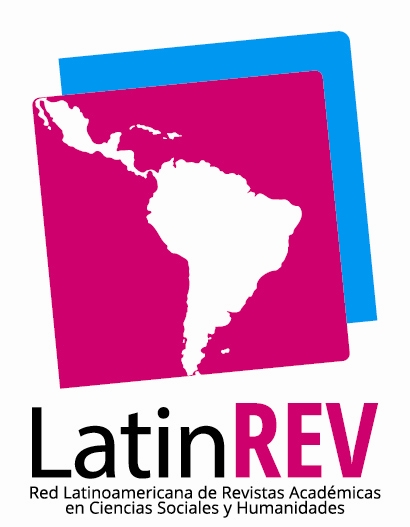A de lege ferendaapproach to curriculum design of the criminal litigation as a professional competence in the law program at the University of Orient, Cuba
Keywords:
criminal litigation, curriculum management, competence, argumentation, interrogationAbstract
The Movement of Process Reforms in Latin America in the ‘90s determined a spiral dynamics in the development of the criminal justice system of the regional countries. The movement had special influence on criminal litigation, where the formalization of the conflict was concretized and a deep bond between the trial forms and social life appeared. This transition, which had its own rules, skills, knowledge, political commitments and ethics was called "litigate". The influence was strong not only for the criminal systems but also for its teaching at college level, where the curriculum design had to be updated in order to train professionals with the necessary skills to face the challenges of litigation in criminal trials, where they will participate as part of the legal-criminal relationship.This article aims at identifying the didactic meaning and the fundamental educational requirements imposed by the reform for the curriculum treatment of criminal litigation as professional competence in the law program at the University of Orient, and guide these reflections towards the professional training process. This is done from the curricular management as a process in constant construction-deconstruction-reconstruction, which aims to keep up with current and future social challenges in order to seek the continued relevance of training; taking the socio-formative approach and the Configurational holistic view as the theoretical framework.
Downloads
References
Echeverría, R. (1998). Ontología del Lenguaje. Dolmen Ediciones. Santiago.
Fuentes, H. (et al.). (1995) “¿Es la Didáctica una ciencia?” En Revista de Superación Académica de la Universidad Autónoma de Querétaro. México, Año 1, No. 3.
Fuentes, H. (2002). Modelo Holístico Configuracional de la Didáctica de la Educación Superior.CEES “Manuel F. Gran”. UO. Santiago de Cuba.
Ley No.62 de 1987. Código Penal. MINJUS. República de Cuba.
Ley de Enjuiciamiento Criminal Española, vigente en Cuba a partir del 1 de Enero de 1889, hecha extensiva por el Real Decreto de 19 de Octubre de 1888, derogada por la Ley No. 1251 de 25 de Junio de 1973 de Procedimiento Penal.
Ley de Procedimiento Penal de la República de Cuba; No. 5 de 13 de Agosto de 1977.
Lief, Michael S., Caldwell, H., Mitchell Bycel, B. (1998). Ladies and Gentleman of the Jury. Greatest Closing Arguments in Modern Law. Scribner, Nueva York.
Maier, J. (1995). Reformas Procesales en América Latina. Corporación de Promoción Universitaria, Santiago, Chile, 1993.
Maldonado, M.A. (2001). Las competencias, una opción de vida. Bogotá, Colombia; ECOE.
Modelo del Profesional vigente (Plan de Estudios D, abril 2008). Ministerio de Educación Superior de la República de Cuba.
Pereira, A. W. (2003) "Authoritarian Legalism: Explaining Judicial Reform Outcomes in Argentina, Brazil and Chile", en Human Rights Review, 4, 2003, Dakolias, Maria: "A Strategy for Judicial Reform: The Experience in Latin America", en Virginia Journal of International Law, 36.
Rivero García, D. (2014). Estudios sobre el Proceso Penal; Ediciones ONBC, La Habana, 2014.
Resolución No. 210 de 2007, Reglamento de Trabajo Docente Metodológico del Ministerio de Educación Superior de la República de Cuba. La Habana, 31 días del mes de julio del 2007.
Tejada Fernández; J. (1999). Acerca de las Competencias Profesionales; Universidad Autónoma de Barcelona.
Tobón, S. (2013a). Formación integral y competencias. Pensamiento complejo, currículo, didáctica y evaluación. Cuarta Edición. Bogotá, Colombia: ECOE.
Tobón, S. (2013b). Metodología de gestión curricular: una perspectiva socio-formativa; México, Trillas.
Vidaud, Ingrid. (2010). “Gestión curricular en la carrera de ingeniería civil para diseñar el plan y programas de estudio”; Tesis de Doctorado en Ciencias Pedagógicas, CeeS Manuel F. Gran, Universidad de Oriente, Cuba.
Downloads
Published
Issue
Section
ARK
License
Copyright (c) 2016 Ramón Yordanis Alarcón Borges, C. Lizette de la Concepción Pérez Martínez, Grettchen Rivera Rodón

This work is licensed under a Creative Commons Attribution 4.0 International License.






